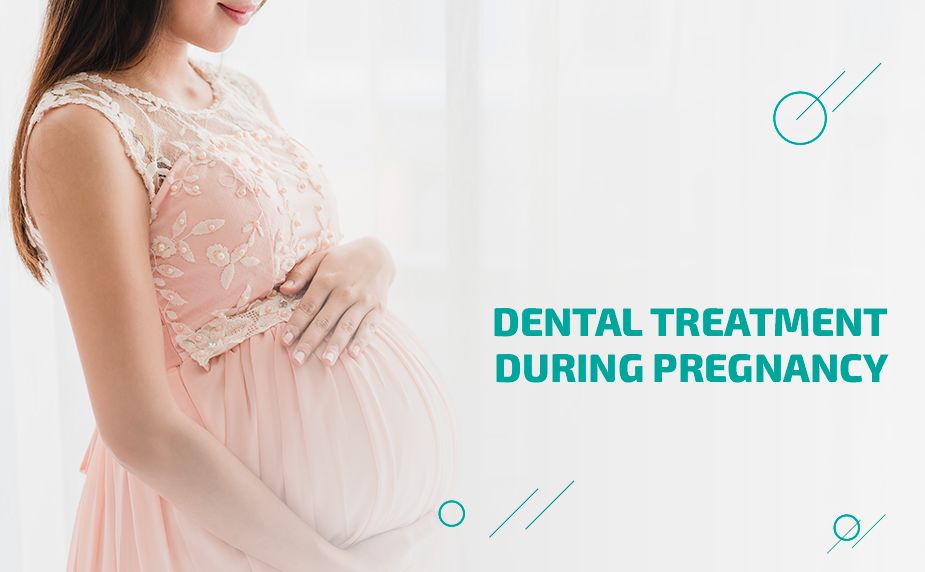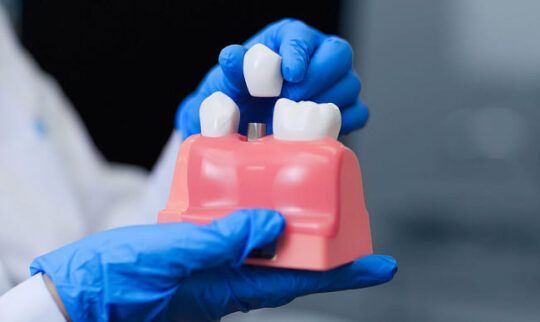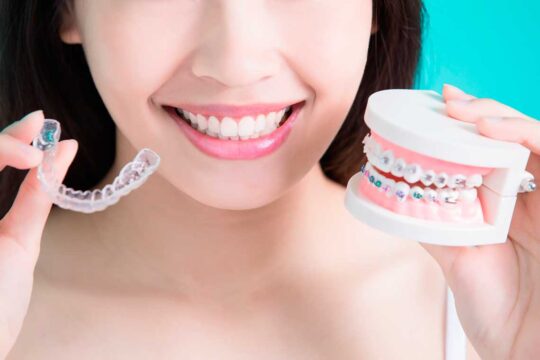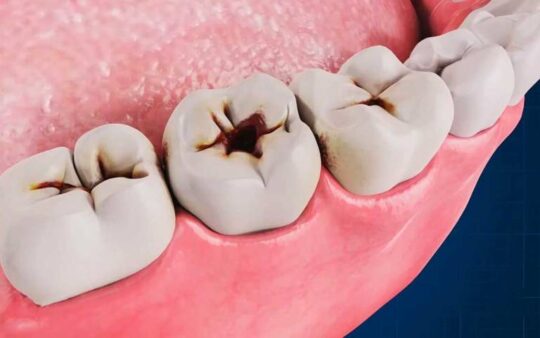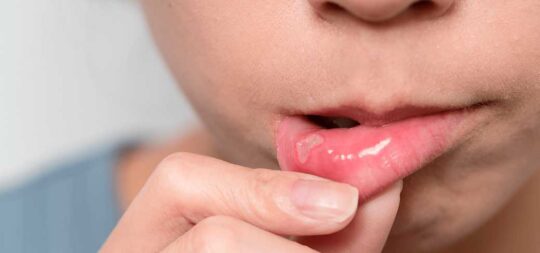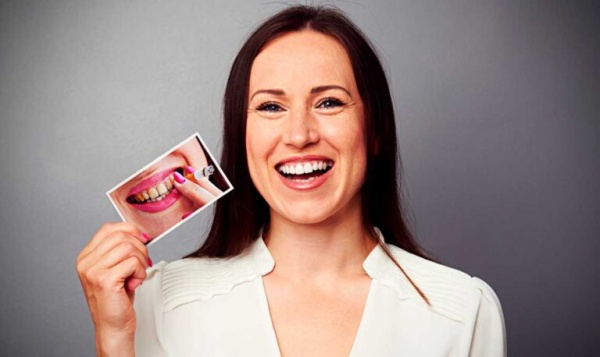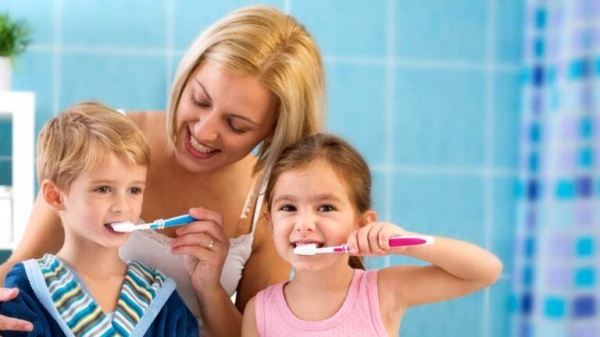Common diseases of teeth in pregnant women
In connection with the restructors of the body, a pregnant woman may face various pathologies of the oral cavity that are able to negatively influence the child. The most common belongs:
- Caries - in the initial stages can be asymptomatic, but over time leads to the destruction of solid tissues and even the loss of teeth. If the disease is ignored, it can entail fetal infection, so the treatment of caries of teeth during pregnancy is mandatory for any woman;
- Increased bleeding gums - arises due to hormonal changes in the body. Most often with the problem face in the first trimester, when the level of estrogen increases sharply;
- Gingivitis - appears due to edema of mucous membranes, which leads to an increase in the intersubolic papillas and the accumulation of bacterial latal. As a result, inflammatory processes with painful sensations, bleeding, unpleasant smell of mouth begin to develop in the region of the gums;
- Personontitis is accompanied by inflammation of periodontal tissues, in the absence of treatment leads to a dental loss. Pathology proceeds against the background of symptoms such as teeth mobility, gum bleeding, sometimes the formation of fistula and abscesses.
Many women are afraid to treat their teeth, so as not to harm the baby. However, it should be understood that the diseases of the oral cavity are directly related to the development of the fetus, therefore they can harm more than dental manipulations. As research shows, bacteria that provoke the development of caries, can cause premature childbirth or lead to the birth of a child with a small weight. Periodontitis and the pulpit are carrying the risks of infection of the fetus, and the infection from a spoiled tooth often causes preeclampsia. Therefore, it is much safer to undergo treatment in a dental office, rather than then encounter serious complications up to the loss of a child.
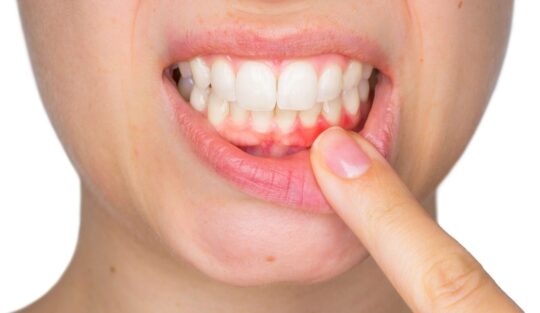
Advantages and disadvantages of teeth treatment during pregnancy
If your tooth hurts during pregnancy, it is necessary to carefully examine everything "for" and "against" a visit to the dentist. As arguments in favor of treatment, the following can be given:
- Sick teeth are sources of multiplication of pathogenic microorganisms, which can negatively affect the child both when heated and after birth;
- Infections in the oral cavity are able to go to other organs of the future mother, and this will require the reception of antibiotics, which negatively affect the fetus;
- Toothpache has a negative psychological impact on a woman, which does not most effect on the intrauterine development of the baby;
- Modern dentistry has many methods and medicines that are safe for the fetus.
Treatment of teeth during pregnancy has some drawbacks. Due to the reduction of immunity, the likelihood of complications after therapeutic manipulations increases. When visiting a dentist in the early terms and use of anesthesia, the formation of tissues can break into the embryo. These problems can be easily avoided if you follow the recommendations of the doctor. The doctor will select the safest means for pain relief and optimal methods of dental treatment.
Treatment of teeth in trimesters
Each trimester has its own characteristics that need to be considered when choosing a method and tactics of treatment:
- I trimester - during this period there is an active formation of tissues and organs of the embryo, so treatment until the 13th week is carried out only in emergency cases. Emergency interventions are carried out under periodontitis or exacerbation of the pulpitis, which flow in combination with acute pain and geek. If a woman is simply bleeding the gum during pregnancy, the therapy is better to postpone therapy;
- II Trimester - the risks of the influence of the treatment on a child from 14 to 25 weeks are significantly lower, but the doctor must take into account the toxic effect of medicines. At this time, you can perform professional oral cavity hygiene and treat teeth whose state can be worse in late terms. If there are no risks, treatment is postponed for the period after birth;
- III Trimester is the most difficult for a woman, as it is alarming and concern before the upcoming birth of the baby. If you add to this acute toothache, there is a high probability of premature birth. Therefore, in case of emergency, treatment is mandatory. In other cases, it is better to wait until the birth of a child.
Teeth care recommendations during pregnancy
To avoid the development of dental diseases during pregnancy, it is necessary to carry out careful care for the oral cavity, namely:
- Pick up the right brush - it should be soft or medium stiffness to not injure gums;
- To change the toothbrush every 2-3 months - bacteria accumulate on the bristles, so do not save on replacement;
- Contain the brush in perfect purity - after each cleaning of the teeth, wash it with water and store the bristles up;
- Use flosses - special threads help better remove dental flare;
- Pick up a good, safe paste - the composition should not contain triclosan, sodium salt, abrasive substances;
- Do not carry out the purification of teeth immediately after vomiting - due to the content of a large amount of hydrochloric acid in the vomit masses, enamel can be very stuffed;
- Use the rins of mouth - they help to disinfect their teeth and remove malicious bacteria;
- Planned to visit the dentist for inspection - it must be done regardless of whether the tooth hurts or not;
- Follow food - it is recommended to add more nuts, dairy products to the diet, drink vitamins and not forget about timely treatment of teeth.

